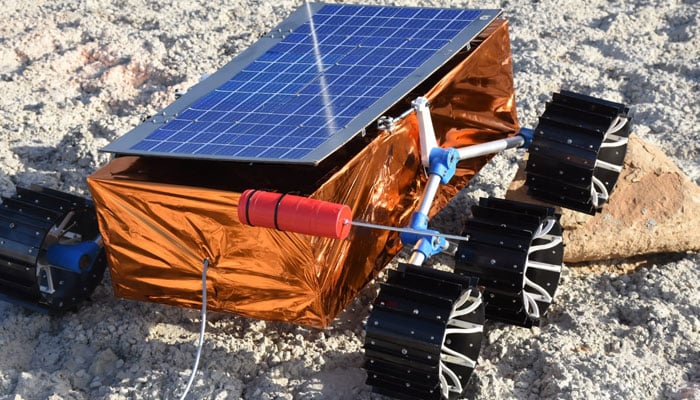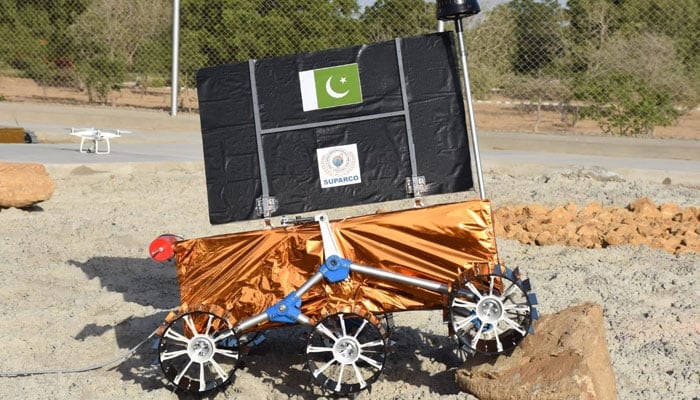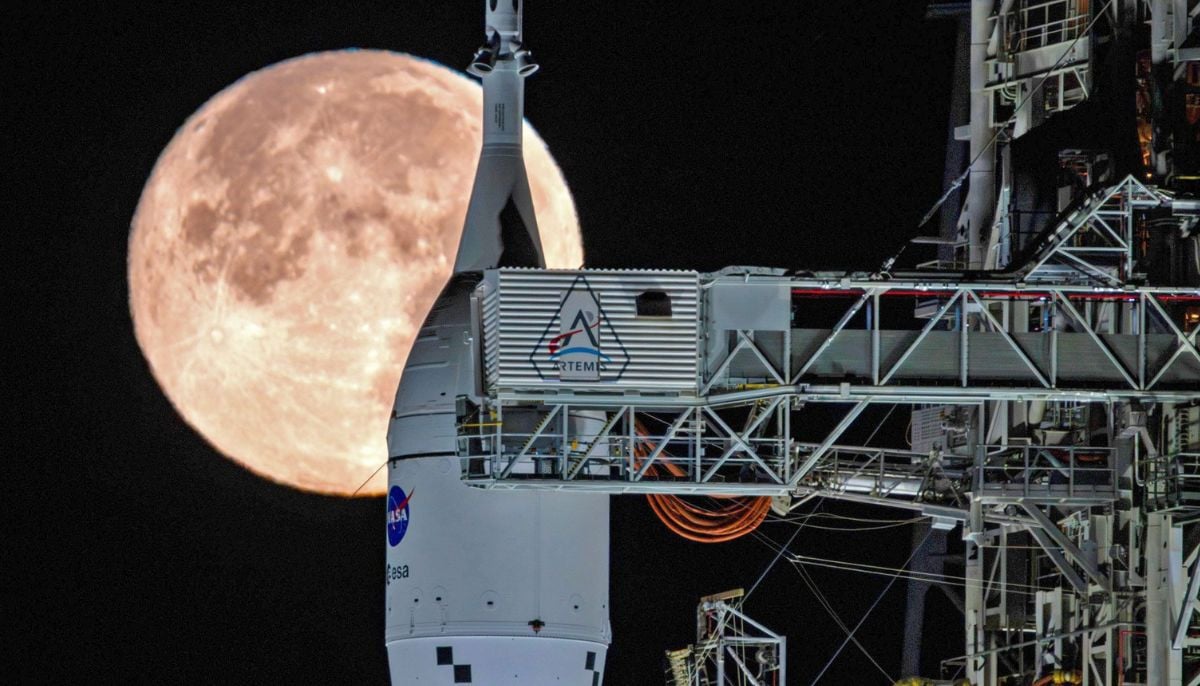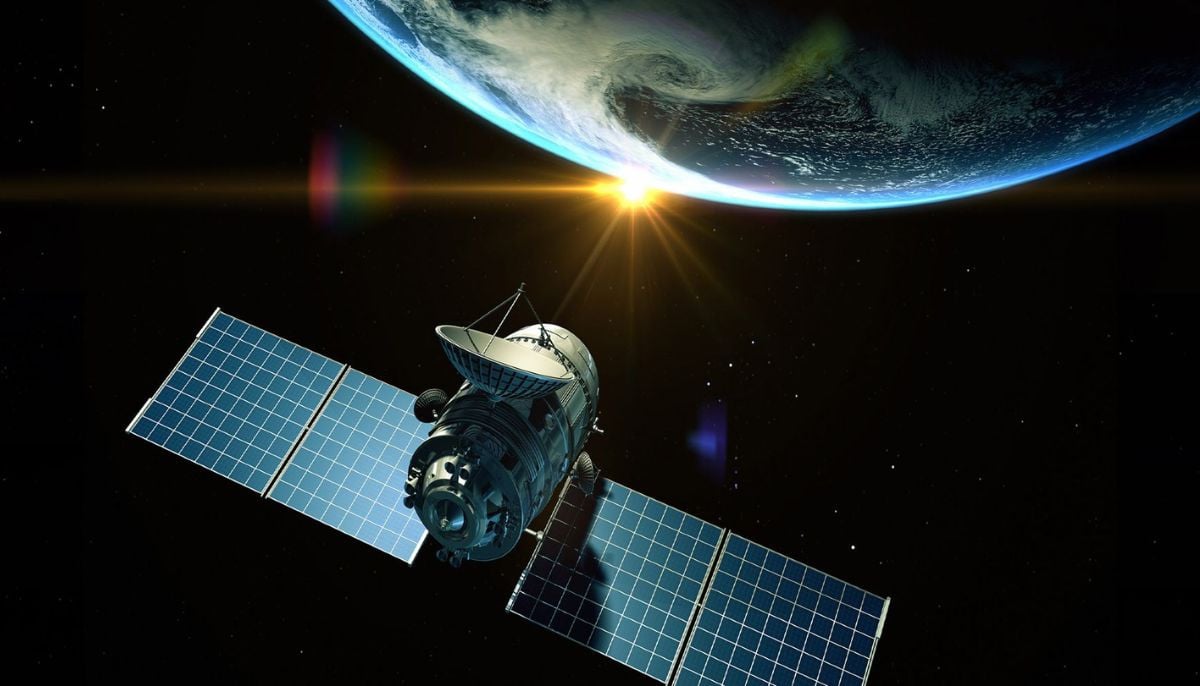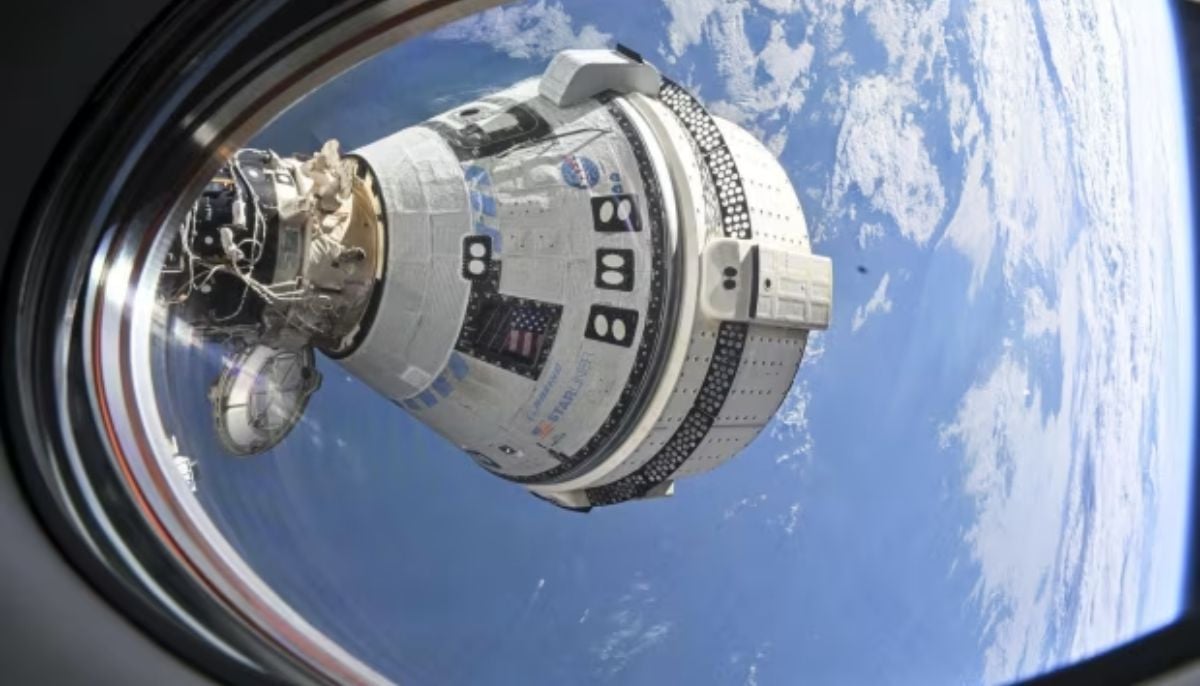Pakistan collaborates with China to launch 'moon mission-II'
Suparco's rover, with an approximate weight of 35 kilograms, will join China's Chang'E 8 mission
Six months after Pakistan’s first satellite mission to the moon, iCube Qamar, was launched on board China's Chang'E6 from Hainan, the Space and Upper Atmosphere Research Commission (Suparco) on Wednesday announced its collaboration on a groundbreaking lunar exploration mission with China's Chang'E 8 mission, set to launch in 2028.
This collaboration marks a significant milestone for Pakistan’s space program, as Suparco's indigenous rover will be part of the mission to explore the lunar surface.
Suparco's rover, with an approximate weight of 35 kilograms, will join China's Chang'E 8 mission, which is part of the larger International Lunar Research Station (ILRS) project.
The rover is set to land on the lunar south pole, a region known for its challenging terrain and potential scientific discoveries.
This mission aims to explore the Moon's surface, conduct scientific research, and test innovative technologies for future lunar and planetary exploration.
The mission will involve a series of scientific experiments, including the study of lunar soil, mapping of the lunar surface, and the testing of new technologies for sustainable human presence on the Moon.
Suparco's rover, equipped with state-of-the-art scientific instruments, will play a crucial role in collecting data that could pave the way for future lunar missions.
This collaboration with China highlights the strong bilateral relations between the two countries and their shared vision for space exploration.
-
Space-based solar power could push the world beyond net zero: Here’s how
-
Hidden ‘dark galaxy' traced by ancient star clusters could rewrite the cosmic galaxy count
-
Astronauts face life threatening risk on Boeing Starliner, NASA says
-
Giant tortoise reintroduced to island after almost 200 years
-
Blood Falls in Antarctica? What causes the mysterious red waterfall hidden in ice
-
Scientists uncover surprising link between 2.7 million-year-old climate tipping point & human evolution
-
NASA takes next step towards Moon mission as Artemis II moves to launch pad operations following successful fuel test
-
Spinosaurus mirabilis: New species ready to take center stage at Chicago Children’s Museum in surprising discovery
